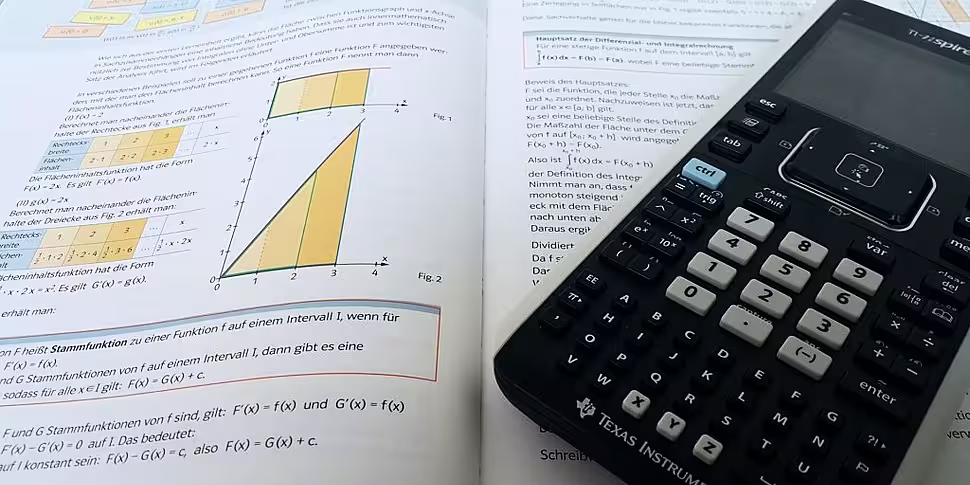There has been a call for the arts to be included with other subjects in schools.
It comes amid concerns that the arts sector will be 'unviable' until mass gatherings are allowed.
Philip King is the creator of music TV series 'Other Voices'.
He told Down to Business: "I think society would be very misguided if it were not to invest in what we call the arts and culture piece."
He said he agrees with the general manager of Intel, Eamon Sinnott, who has suggested that there will be an ever-increasing merger of science and arts - and a greater emphasis on multi-disciplinary skills.
Mr King said: "There has been an emphasis in Ireland in terms of education on the STEM subjects - science, technology, engineering and maths.
"But I'm sure you would agree, Bobby, and your guests would agree, and anybody listening would agree that if we insert the 'A' of arts into that acronym to give us a STEAM agenda, we would find ourselves in a far, far better place to engage with some of the remarkable issues and challenges that are coming down the track."
"If we do not as a society understand that a strategic investment in the resource of imagination which manifests itself through our culture, in our arts, we are missing a trick and we would be mad not to do so".
Aideen Howard is member of the steering committee of the National Campaign for the Arts, representing arts workers and artists in Ireland.
She told Down to Business: "We hope that the great relationship we have made with Government and with funding bodies will ensure that we can have some say with actually how the sector is supported for survival in 2021.
"Many of the freelance artists in Ireland, who were already living very precarious lives - one NCFA study showed that 72% of those freelance artists were already living below minimum wage - their livelihood has been thrown into disarray."
"Although some of those are entitled to avail of the PUP, like other citizens, there are some very complicated sectoral-specific issues that relate to the arts and relate to the fact that the performing arts as a sector is most unlikely to resume in any sort of viable way for quite some time.
"So we'd like to think that we'd be able to inform and influence how the Pandemic Unemployment scheme might be tailored particularly to take account of the fact that mass gatherings, or even in fact smaller indoor gatherings, are not yet permitted.
"And until that's the case, it'll be unviable".
"The experience of having gone through the pandemic in recent months has convinced me more than ever that the public has absolutely no difficulty whatsoever in paying for art and arts experiences.
"And the models that we have in place will need serious investment and serious adaptation in order to work.
"But make no mistake, just because the funded arts sector is not necessarily always a commercial operation these organisations have seriously fine-tuned business models in place.
"Theatres have very, increasingly sophisticated fundraising and revenue diversification schemes in place and they're really damn good at selling tickets.
"So I would say that with some sophisticated sectoral adaptation of schemes like the Wage Subsidy Scheme and it's new replacement the Emergency Wage Subsidy Scheme, that theatre organisations are going to be able to find ways to keep the organisational aspect going".









